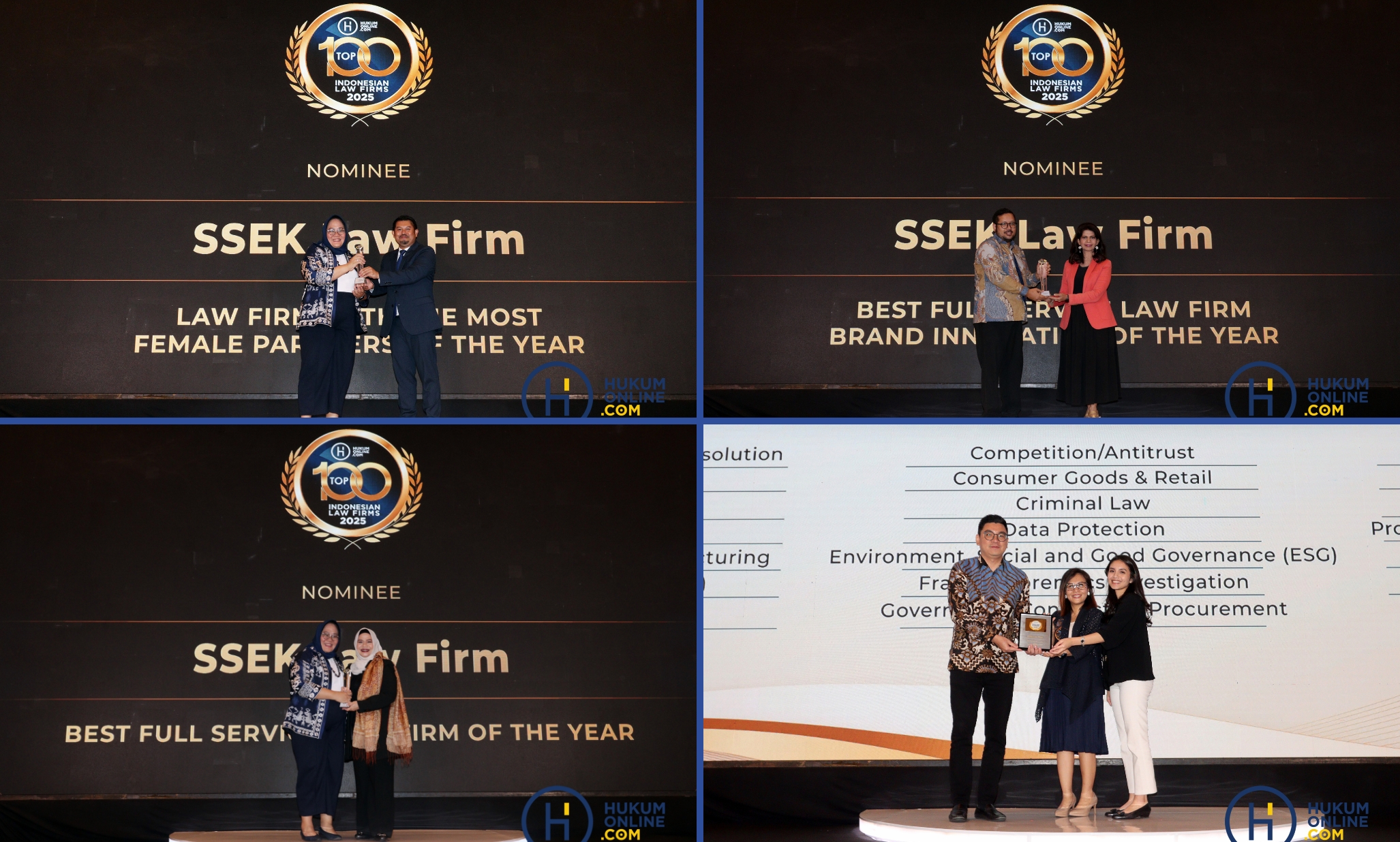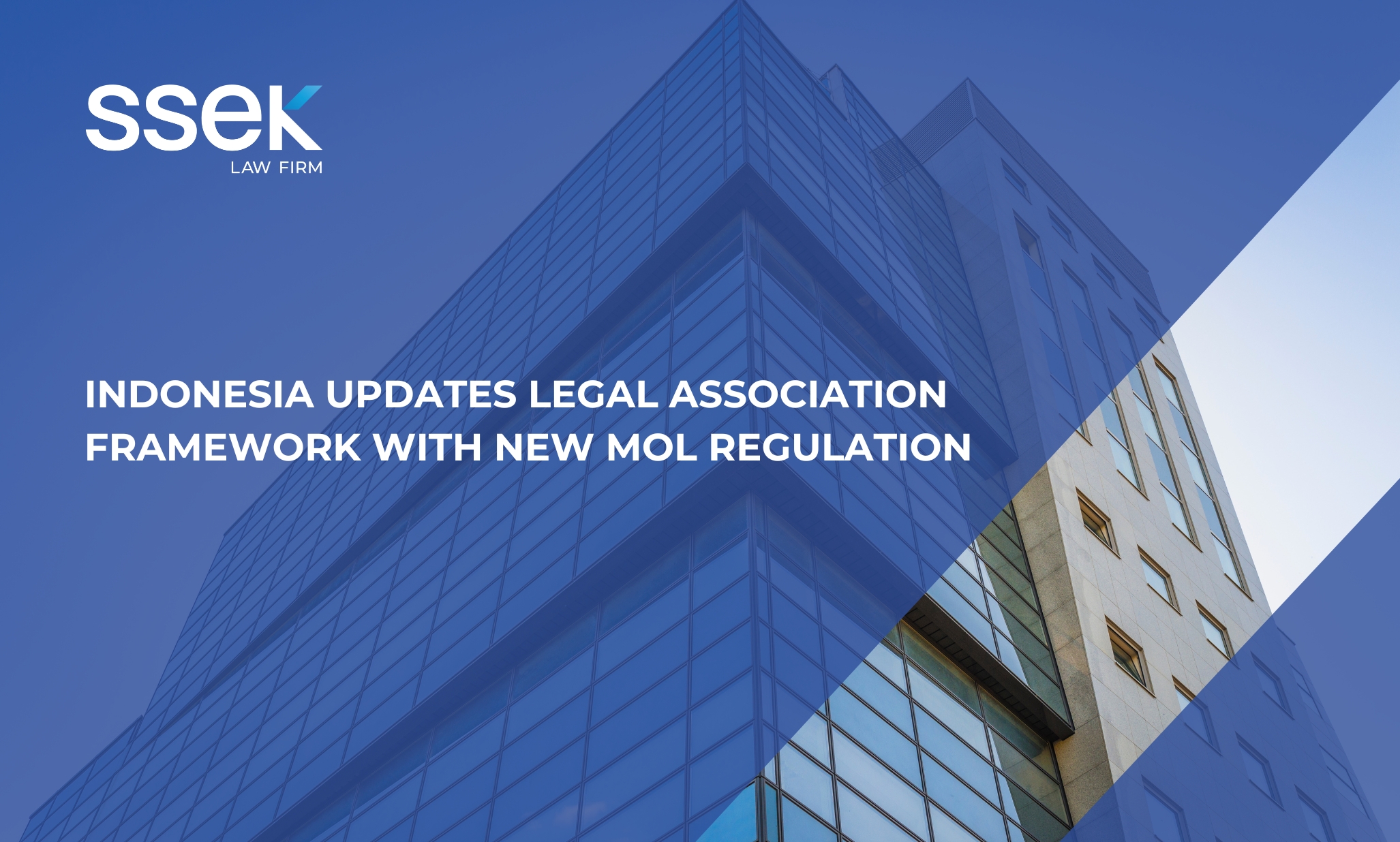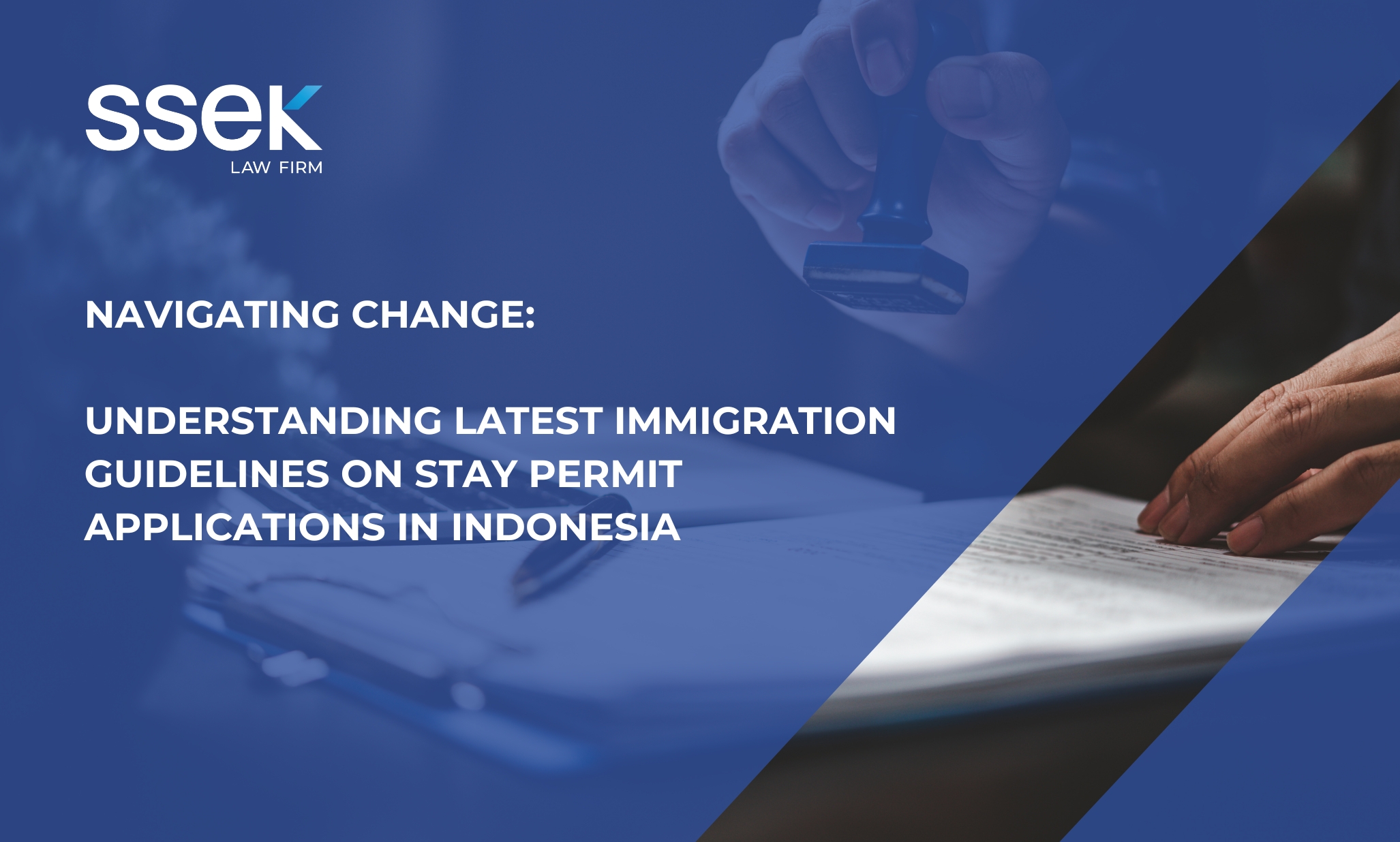

Limited liability companies (PTs) in Indonesia are governed by Law No. 40 of 2007 dated 16 August 2007 regarding Limited Liability Companies (Company Law). Other applicable laws and regulations include:
- Law No. 3 of 1982 dated 1 February 1982 regarding Mandatory Company Registry.
- Law No. 25 of 2007 dated 26 April 2007 regarding Capital Investment (Investment Law).
The procedure for establishing a PT with foreign ownership (PT PMA) is governed by Chairman of BKPM Regulation No. 6 of 2018 dated 20 July 20, 2018, as amended by Chairman of the BKPM Regulation No. 5 of 2019 dated 29 July 29, 2019 regarding Guidelines and Procedures for Licensing Matters and Investment Facilities.
The procedure to register a PT and obtain the necessary licences is governed by Government Regulation No. 24 of 2018 dated 21 June 2018 regarding Electronically Integrated Business Licensing Service.
The authorities involved in establishing a PT are the Ministry of Law and Human Rights (MOLHR) and the Capital Investment Coordinating Board (BKPM). The BKPM is a regulatory body responsible for overseeing foreign investment and the registration and licensing of PTs through the Online Single Submission (OSS) system (www.oss.go.id ).
Tailor-made or shelf companies
Shelf companies (understood as companies that have no activity and no assets, but are ready to be sold to another party) are not allowed in Indonesia, especially in the context of foreign investment. The BKPM, as supervisory authority for PT PMAs, will reject an application for a principal licence if a company either:
- Cannot show that it will implement its investment.
- Only has a virtual office.
A PT PMA must also submit regular activities reports to the BKPM. If the PT PMA does not conduct any activity, the BKPM can revoke the PT PMA's licence.
Formation process
The formation process of a PT is as follows:
- Reserving the name of the PT with the MOLHR. This is usually handled by a notary. The name of the PT must be in Indonesian. Other statutory requirements are set out in Government Regulation No. 43 of 2011 dated 4 October 2011 regarding the Procedure for the Submission and Usage of Name of PT.
- Executing and obtaining approval for the PT's articles of association (AOA). Filing of the AOA with the MOHLR must be made electronically by a notary. The notary must complete the prescribed electronic form with the required information and supporting documents and submit them to the MOLHR at the latest 60 days after the date of execution of the deed of establishment containing the AOA. The AOA are prepared in the form of a notarial deed in Indonesian. The MOLHR will issue electronically its signed decision to approve the PT as a legal entity at the latest 14 days after it receives the complete application and supporting documents. The MOLHR's approval will also contain evidence of registration of the PT with the company registry maintained by the MOLHR.
- Obtaining the PT's certificate of domicile. This is obtained from the competent local sub-district office.
- Obtaining a taxpayer registration number (Nomor Pokok Wajib Pajak (NPWP)) and a taxable entrepreneur registration number (PKP number). These are obtained from the competent local tax office. Some regions in Indonesia have removed this requirement and no longer issue certificates of domicile.
- Registration of the AOA with the Ministry of Trade (MOT). Following approval of the PT's AOA by the MOLHR, the PT must be registered in the Company Registry at the relevant MOT regional office within three months of starting business. This process is now integrated into the OSS system and the NIB issued by the OSS system also serves as evidence of registration with the MOT.
- Publication of the AOA in the State Gazette. Following MOLHR approval and MOT registration, the AOA must be submitted to the State Printing Office for publication in the Supplement to the State Gazette. This step is traditionally handled by a notary. The Company Law requires the MOLHR to announce the deed of establishment of the PT along with MOLHR's approval of the deed in the Supplement to the State Gazette within 14 days from approval.
The average timeline to establish a non-PMA PT is one month, while the establishment of a PT PMA may take six to eight weeks. The establishment of a PT involves payment of notary fees, which vary from one notary to another.
Company Constitution
The AOA of a PT must comply with the requirements of the Company Law. While the Company Law does not provide model AOA, it lists the minimum contents that must be incorporated in AOA. These include the:
- Name and domicile of the company.
- Purposes, objectives and business activities of the company.
- Period of incorporation of the company.
- Amount of authorized share capital, issued share capital and paid-up share capital.
- Number of shares, share classes (if any), including the number of shares in each class, rights attached to each share, and nominal value of each share.
- Title or position and number of members of the board of directors (BOD) and board of commissioners (BOC).
- Place and procedures for holding general meetings of shareholders.
- Procedures for the appointment, replacement and dismissal of members of the BOD and BOC.
- Procedure for the use of profits and distribution of dividends.
This first appeared in Establishing a Business in Indonesia, published by Thomson Reuters Practical Law.
This publication is intended for informational purposes only and does not constitute legal advice. Any reliance on the material contained herein is at the user's own risk. All SSEK publications are copyrighted and may not be reproduced without the express written consent of SSEK.









